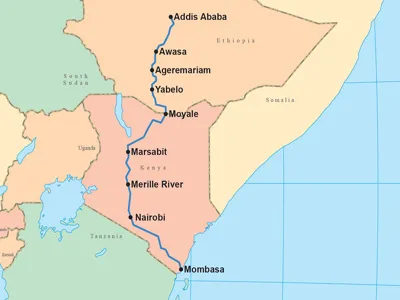New road construction work in California will help cut congestion on existing routes. The work is costing close to US$104 million and will commence later in 2016 to the north of the city of San Diego. The funding for the work is coming from the California Transportation Commission (Caltrans). The work will form part of the $700 million North Coast Corridor Programme, which is being administered jointly by the San Diego Association of Governments (SANDAG) and Caltrans. North Coast Corridor Programme includes
July 5, 2016
Read time: 1 min
New road construction work in California will help cut congestion on existing routes. The work is costing close to US$104 million and will commence later in 2016 to the north of the city of San Diego. The funding for the work is coming from the California Transportation Commission (5246 Caltrans). The work will form part of the $700 million North Coast Corridor Programme, which is being administered jointly by the San Diego Association of Governments (SANDAG) and Caltrans. North Coast Corridor Programme includes building new links and extending car pool lanes, with 25% of the total funding being derived from a local sales tax intended to finance transportation work.








